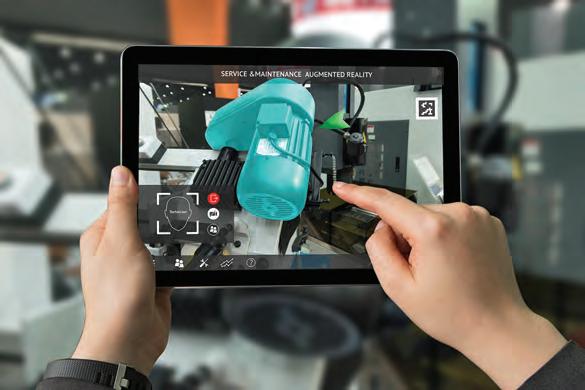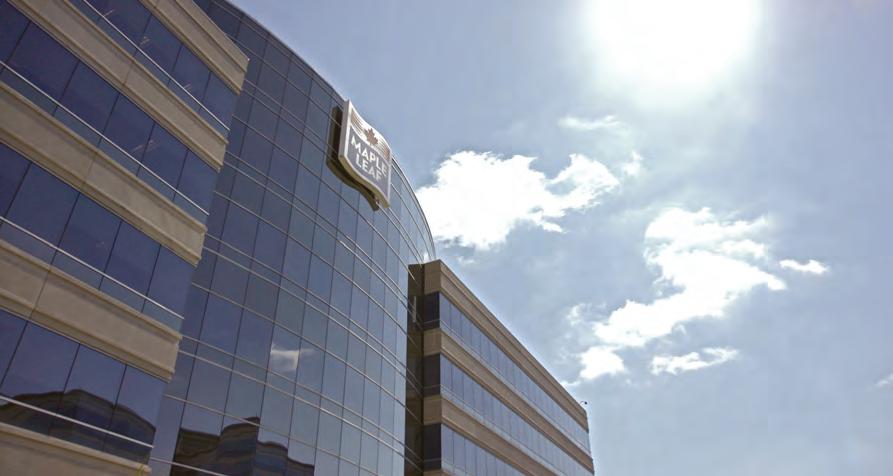
2 minute read
PERFORMANCE Dealing with change means a departure from what your team is comfortable with
It means a departure from normal for your team.
BY HUGH ALLEY
You have a new initiative. It addresses complaints from your customers. You’ve done some experiments to show that the concept will work. But you’re not getting much of a response from your team. Or worse, you’re getting resistance. What’s going on?
This initiative represents a departure from what’s “normal.” They’ve become accustomed to the current way of doing things; they may even tell you the current method is better.
With any ending comes some degree of uncertainty. We all squirm when we have to do something new, even if we know it’s good for us, or required. This problem is worse when people feel they don’t have any say. Daniel Pink, in his book Drive,
New INITIATIVES DEALING WITH CHANGE AND ITS UNCERTAINTY
argues a sense of autonomy is key to strong motivation. When there is change there’s a perceived loss of autonomy.
Managing change So how can we, as leaders, help our teams through this? These three actions will help:
1) Treat the development of a new process as a series of small experiments. If a trial doesn’t go well, roll things back to the previous process and work out the next experiment. This gives the team confidence their observations matter, and they won’t get stuck with an unworkable process.
2) Involve the team in how the new process is implemented. There may not be room for modification, but you may be able to influence how the process is rolled out. Perhaps you could introduce some parts of the new process before others. Or roll it out for just some customers to start. The team will see how it works in practice and
where tweaks are needed before the initiative starts in earnest. 3) Fix the bugs. There will be things in any initiative that don’t work. You can restore some sense of control – and therefore improve motivation – if you take the comments from your team seriously and fix the bugs. Every bit you do communicates that your crew’s input matters. That will help minimize their sense of loss of control. If you want to engage your people, you must acknowledge the impact of the endings, as much as new beginnings.
Hugh Alley is an industrial engineer based in the Vancouver area who helps organizations achieve significant performance gains. Call (604) 866- 1502 or e-mail hughralley@ gmail.com.
Comments? E-mail jterrett@plant.ca.
Sullair LS Series Air Compressors RELIABILITY, DURABILITY AND PERFORMANCE A POWERFUL COMBINATION OF
Available in 125, 150 and 200 hp models
EXPERIENCE THE SULLAIR DIFFERENCE IN ONE HARDWORKING PACKAGE
RELIABILITY including the full-color, easy-access Sullair Touch Screen controller
DURABILITY including the patentpending, new generation Sullair air end

PERFORMANCE including highly efficient Electronic Spiral Valve technology
Find your local authorized Sullair distributor today at SULLAIR.COM










